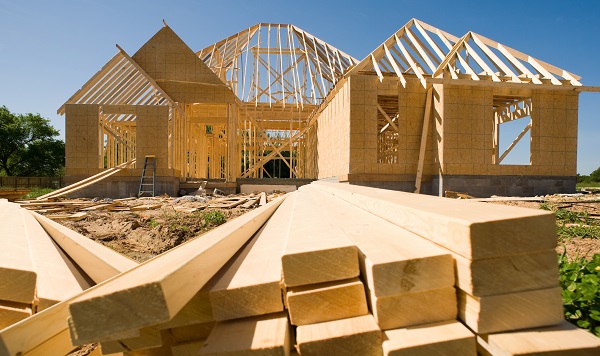
If you own a newly constructed home in California and discover a defect, you may have grounds for recovery against the builder. A construction defect refers to any deficiency in design or workmanship that diminishes the value of the home. In California, construction defect liability is governed by the California Civil Code under the Right to Repair Act and the Davis-Stirling Common Interest Development Act for condominiums and planned developments. These Acts specify the types of construction issues that are compensable and the time limitations for discovering these defects.
Definition of construction defect. A defect encompasses several categories of flawed construction including issues with water leaks, drainage, soil, structural soundness, plumbing, electrical or settlement problems. The statute is drafted broadly to include a wide range of matters related to the operation and structure of the home.
Liability for construction defects. The builder or developer of a new construction home is liable for defective conditions. This is the case even when the flawed workmanship is performed by a subcontractor or the faulty materials are produced by a third party. While the subcontractors or manufacturers bear responsibility for the quality of their work and materials, the builder or developer remains accountable for the work of his hires. The claimant may bring an action asserting strict liability, which means that liability exists regardless of fault or negligence. This claim requires that the plaintiff demonstrate that a “mass-produced” consumer product was defective and such damage caused the injury. Alternatively, under a negligence action, the claimant must show that the builder failed to meet professional standards and that such negligence caused injury to a person or damaged property. A plaintiff homeowner may also bring an action for violation of an express or implied warranty with respect to the construction and function of the new home.
Damages. Damages for defective construction may include recovery for the value of the repair, the costs of damages incurred by the repairs, the expenses involved in remedying the damages resulting from the failure to meet professional standards, the costs associated with relocation, storage and lost income, if relevant, and the cost of hiring experts to diagnose and evaluate the repair work.
Contact Shane Coons at 949-333-0900 or visit his website at www.ShaneCoonsLaw.com to find out more about his practice.
